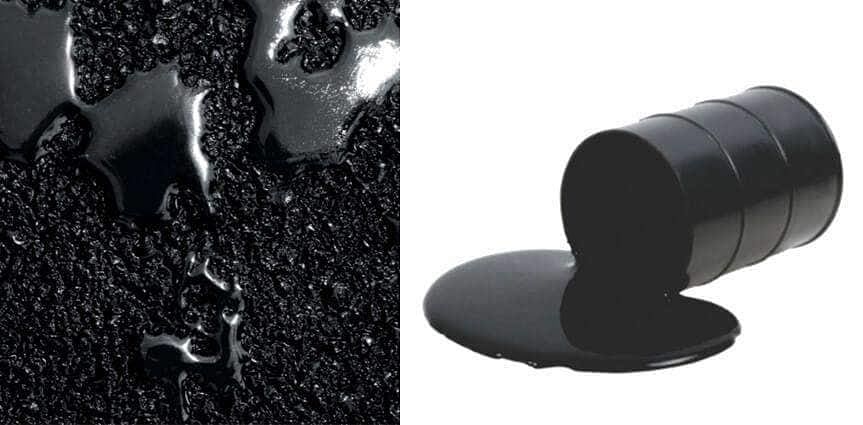Class 8 Exam > Class 8 Tests > Science Class 8 > Test: Coal & Petroleum- 1 - Class 8 MCQ
Test: Coal & Petroleum- 1 - Class 8 MCQ
Test Description
15 Questions MCQ Test Science Class 8 - Test: Coal & Petroleum- 1
Test: Coal & Petroleum- 1 for Class 8 2025 is part of Science Class 8 preparation. The Test: Coal & Petroleum- 1 questions and answers have been
prepared according to the Class 8 exam syllabus.The Test: Coal & Petroleum- 1 MCQs are made for Class 8 2025 Exam. Find important
definitions, questions, notes, meanings, examples, exercises, MCQs and online tests for Test: Coal & Petroleum- 1 below.
Solutions of Test: Coal & Petroleum- 1 questions in English are available as part of our Science Class 8 for Class 8 & Test: Coal & Petroleum- 1 solutions in
Hindi for Science Class 8 course. Download more important topics, notes, lectures and mock
test series for Class 8 Exam by signing up for free. Attempt Test: Coal & Petroleum- 1 | 15 questions in 15 minutes | Mock test for Class 8 preparation | Free important questions MCQ to study Science Class 8 for Class 8 Exam | Download free PDF with solutions
Test: Coal & Petroleum- 1 - Question 1
Which liquid product from coal has an unpleasant smell and is used to make synthetic dyes?
Detailed Solution for Test: Coal & Petroleum- 1 - Question 1
Test: Coal & Petroleum- 1 - Question 2
How is coal converted into coke in the coal processing industry?
Detailed Solution for Test: Coal & Petroleum- 1 - Question 2
Detailed Solution for Test: Coal & Petroleum- 1 - Question 3
Detailed Solution for Test: Coal & Petroleum- 1 - Question 4
Test: Coal & Petroleum- 1 - Question 5
Conversion of dead trees and other plants into coal is called :
Detailed Solution for Test: Coal & Petroleum- 1 - Question 5
Test: Coal & Petroleum- 1 - Question 6
Which substance is an almost pure form of carbon obtained from coal?
Detailed Solution for Test: Coal & Petroleum- 1 - Question 6
Test: Coal & Petroleum- 1 - Question 7
Which product from petroleum is used as a fuel for jet aircrafts?
Detailed Solution for Test: Coal & Petroleum- 1 - Question 7
Test: Coal & Petroleum- 1 - Question 8
Which type of coal product is used in the manufacture of steel?
Detailed Solution for Test: Coal & Petroleum- 1 - Question 8
Detailed Solution for Test: Coal & Petroleum- 1 - Question 9
Test: Coal & Petroleum- 1 - Question 10
Which of the following is NOT a product obtained from coal tar?
Detailed Solution for Test: Coal & Petroleum- 1 - Question 10
Detailed Solution for Test: Coal & Petroleum- 1 - Question 11
Detailed Solution for Test: Coal & Petroleum- 1 - Question 12
Detailed Solution for Test: Coal & Petroleum- 1 - Question 13
Test: Coal & Petroleum- 1 - Question 14
A thick black liquid formed by heating coal in the absence of air :
Detailed Solution for Test: Coal & Petroleum- 1 - Question 14
Detailed Solution for Test: Coal & Petroleum- 1 - Question 15
|
90 videos|278 docs|44 tests
|
Information about Test: Coal & Petroleum- 1 Page
In this test you can find the Exam questions for Test: Coal & Petroleum- 1 solved & explained in the simplest way possible.
Besides giving Questions and answers for Test: Coal & Petroleum- 1, EduRev gives you an ample number of Online tests for practice



















